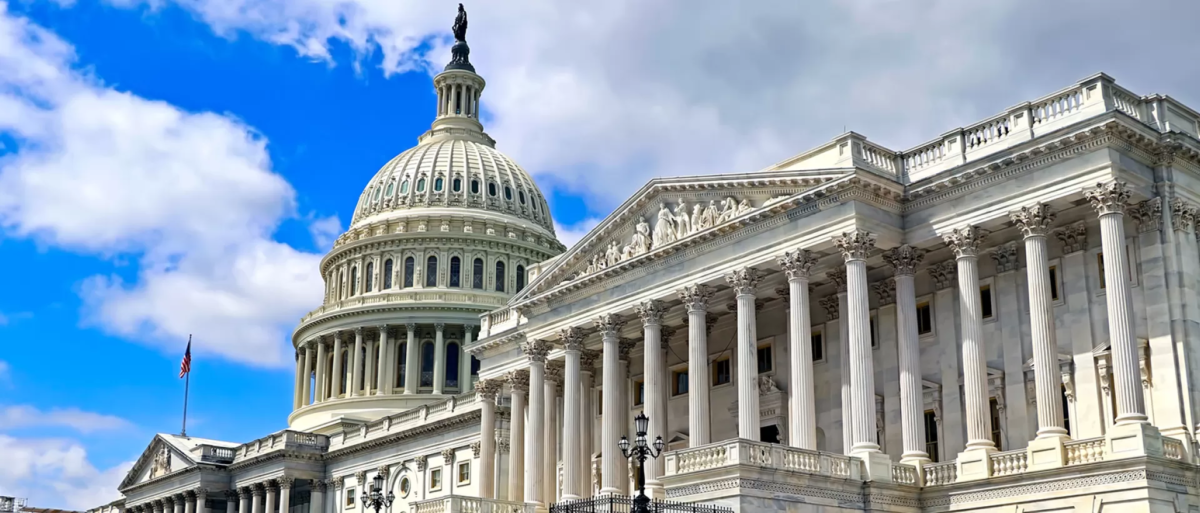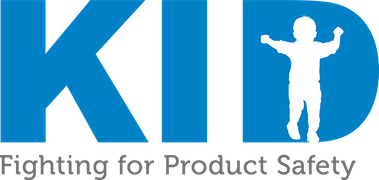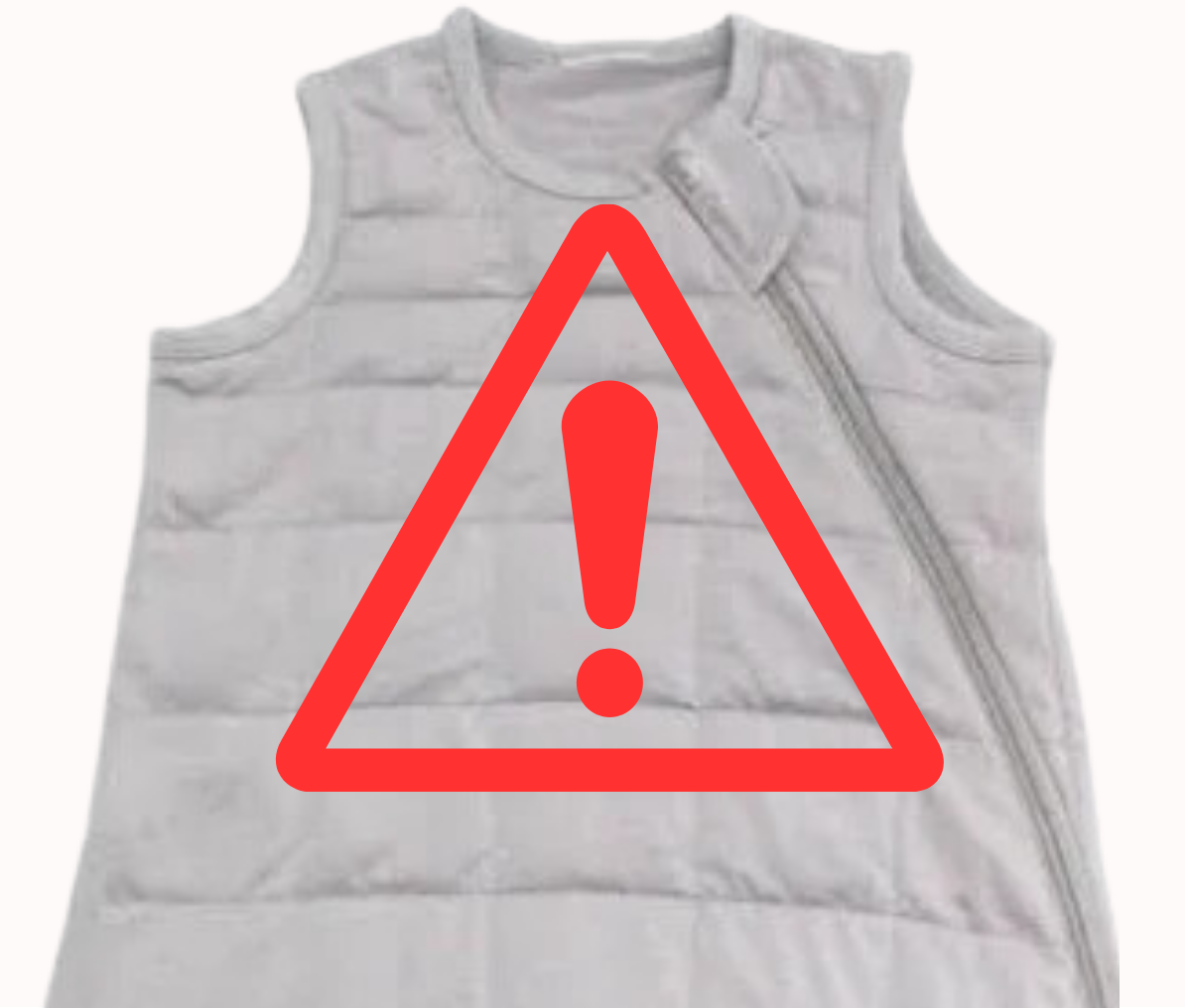
Last week, the U.S. House Subcommittee on Innovation, Data, and Commerce held a hearing regarding the FY2025 budget of the Consumer Product Safety Commission (CPSC). The CPSC’s budget has historically been much lower than other comparable regulatory agencies such as FDA and NHTSA despite being tasked to product consumers from over 15,000 types of products.
All five of the agency’s commissioners testified at the hearing. CPSC Chairman Alex Hoehn-Saric articulated the state of the agency very clearly – “At some point, we can’t do more with less.” The CPSC’s budget was slightly increased by Congress a few years ago under the American Rescue Plan during the pandemic and increased funding for FY2023, allowing the agency to issue hundreds of recalls and warnings for hazardous products and implementing new safety standards for button batteries, crib mattresses, infant sleep products, and dressers. However, this year, the CPSC’s appropriation was just $151 million, and the House Appropriations Committee approved cutting the FY2025 budget by 6% to just $142 million, a far cry from the agency’s requested amount of $183.05 million.
Several members of Congress expressed the importance of the CPSC and the need for it to be adequately funded. Rep. Jan Schakowsky (IL-9) stated that the CPSC is the agency closest to home since it protects our children from hazardous products and should not be downsized, and highlighted the CPSC’s work to protect children from infant inclined sleepers. Rep. Robin Kelly (IL-2) emphasized how the CPSC is working to implement Reese’s Law to prevent button battery ingestion, and Rep. Frank Pallone (NJ-6) stressed the need for the policymakers and the CPSC to protect children from water beads, highlighting the work of parent-advocate Ashley Haugen, That Water Bead Lady (read KID’s interview with Ashley).
If the CPSC’s budget isn’t increased, the agency will have less staff at the ports to protect us from overseas products that don’t meet safety standards, less staff in compliance resulting in fewer recalls and product warnings, and less staff in communications so safety messaging to educate families will be decreased. KID calls on Congress to adequately fund the agency so it can fulfill its mission to protect our children from unsafe products.


